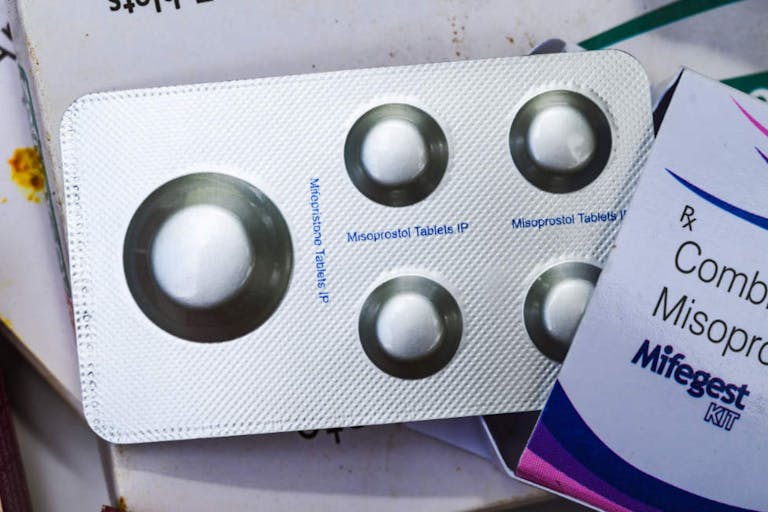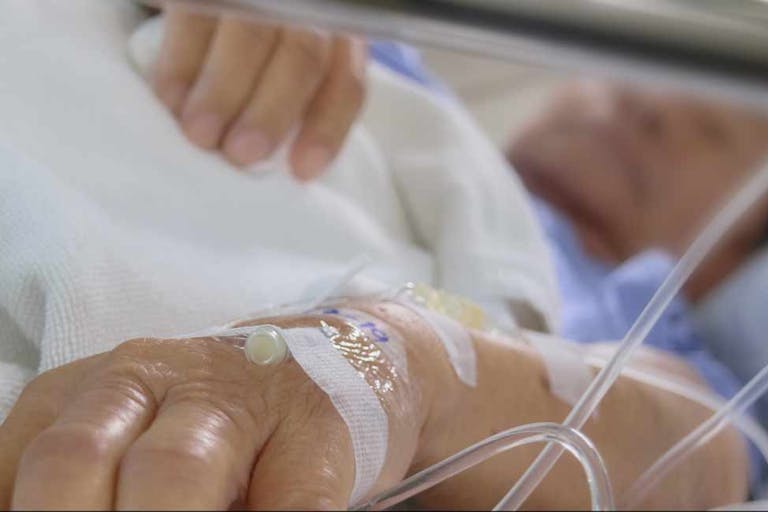
Kentucky woman arrested, charged with fetal homicide
Nancy Flanders
·
American Medical Association maintains opposition to assisted suicide and euthanasia
The American Medical Association (AMA) decided recently against repealing its policy opposing assisted suicide and euthanasia. It also vetoed a measure that would have changed the terms “assisted suicide” and “euthanasia” to the more euphemistic phrase, “medical aid in dying” (also referred to as “medical assistance in dying).
According to The New York Sun, the AMA’s governing body, the House of Delegates, debated the policy changes during its November 10 – 14 meeting. The proposals considered suggested that “medical aid in dying” is “a matter of personal autonomy” and an expression of “self-determination.”
Though there was speculation prior to the meeting that the AMA would declare acceptance of assisted death, especially as the practice grows in popularity worldwide, the group decided instead to maintain its former policy, which states:
“Physician-assisted suicide is fundamentally incompatible with the physician’s role as healer, would be difficult or impossible to control, and would pose serious societal risks. Instead of engaging in assisted suicide, physicians must aggressively respond to the needs of patients at the end of life.”
A number of groups had actively campaigned against the resolution change prior to the AMA’s meeting, including the Catholic Medical Association (CMA) and the Christian Medical & Dental Associations (CMDA)
“The combination of online comments, contact with AMA delegates, and in-person testimony at the meeting all contributed to these decisions by the AMA,” said CMA Board Member Dr. Timothy Millea, chair of the Health Care Policy Committee and Conscience Rights Protection Task Force.
“The AMA is the leading physician organization in the country and one of the foremost around the world, so we applaud the fact they rejected efforts to change their position on the issue of physician assisted suicide. It sends a very clear message to legislators in the states considering adopting assisted suicide,” said Matt Vallière, Executive Director of the Patients’ Rights Action Fund. “Making assisted suicide a medical option goes against the very fundamentals of the practice of medicine.”
This is the fourth time that the AMA has voted down an attempt at changing its stance on assisted death. Calling the victory a “huge win,” Alex Schadenbeg of the Euthanasia Prevention Coalition noted the important impact medical professionals can have within their community.
“The take home message is that medical professionals, young physicians, and medical students must be involved in the AMA,” he said.
Live Action News is pro-life news and commentary from a pro-life perspective.
Contact editor@liveaction.org for questions, corrections, or if you are seeking permission to reprint any Live Action News content.
Guest Articles: To submit a guest article to Live Action News, email editor@liveaction.org with an attached Word document of 800-1000 words. Please also attach any photos relevant to your submission if applicable. If your submission is accepted for publication, you will be notified within three weeks. Guest articles are not compensated (see our Open License Agreement). Thank you for your interest in Live Action News!

Nancy Flanders
·
Politics
Bridget Sielicki
·
Issues
Nancy Flanders
·
Issues
Bridget Sielicki
·
Issues
Angeline Tan
·
Issues
Nancy Flanders
·
Politics
Bridget Sielicki
·
Human Interest
Bridget Sielicki
·
Issues
Bridget Sielicki
·
Human Interest
Bridget Sielicki
·
Analysis
Bridget Sielicki
·